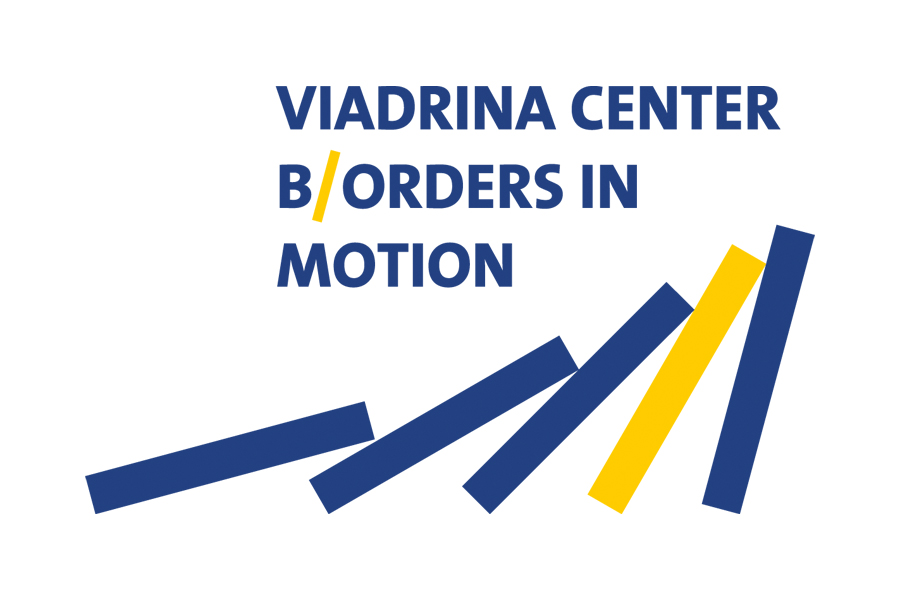Gendering Asylum Infrastructures: Mobilisation of sensitivity to gender, sexual orientation and violence in post-2014 Europe
details
Project lead:
-
Dr Marija Grujić (Chair of Comparative Cultural and Social Anthropology, European University Viadrina)
Funding:
German Research Foundation (DFG), Walter Benjamin Programme
Project duration:
01.04.2024 – 31.03.2026
Project description:
Diverse scholarly findings about the centrality of gender in the context of asylum and hosting refugees inform how a range of social issues concerning women and LGBTIQ+ persons are perceived and addressed within those settings. Yet, the everyday aspects of thecomplexities of mobilising gender and sexuality-based sensitivity and exposures to violence within asylum infrastructures (e.g.,assessments, reception, counselling) tend to be unnoticed. This project explores the responsible asylum personnel’s practice basedon their understanding of intersections between gender, sexuality and violence when interacting with asylum applicants. The focus is on themobilisation of gender orders and views about femininities/masculinities, particularly within the assessment of‘special needs’ and ‘vulnerability’ for which relevant actors apply digital tools to foster equal treatment and protection. Drawing onqualitative research into how gender, sexuality and violence are mobilised in asylum assessments and reception procedures in bothGermany, with the focus on its adoption of EU mechanisms of protection, and the UK, with attention to post-Brexit changes adoptinga ‘hostile environment’, prominent narratives of intersections are outlined, which operate in relation to often-diverging discourses aboutmen as threats and women as susceptible to violability. Building on gender order theories, representations of femininities/masculinitiesare traced in official guidelines and mundane practices on a gendersensitive approach in asylum procedures. The project also draws oncritical migration research on the coloniality of migration, intersectionality and decolonial approaches. Besides feminist criticismof gender orders in forced migration and international protection, a theorisation of the usage of digital technologies in asyluminfrastructures is developed based on critical sociological and anthropological studies of asylum reception. The project will elaborateon how gender-sensitive procedures are put in place and modified by interactions between asylum personnel and asylum seekers and whatit means to assess vulnerability or perceive gender and sexuality through a lens of violence.
